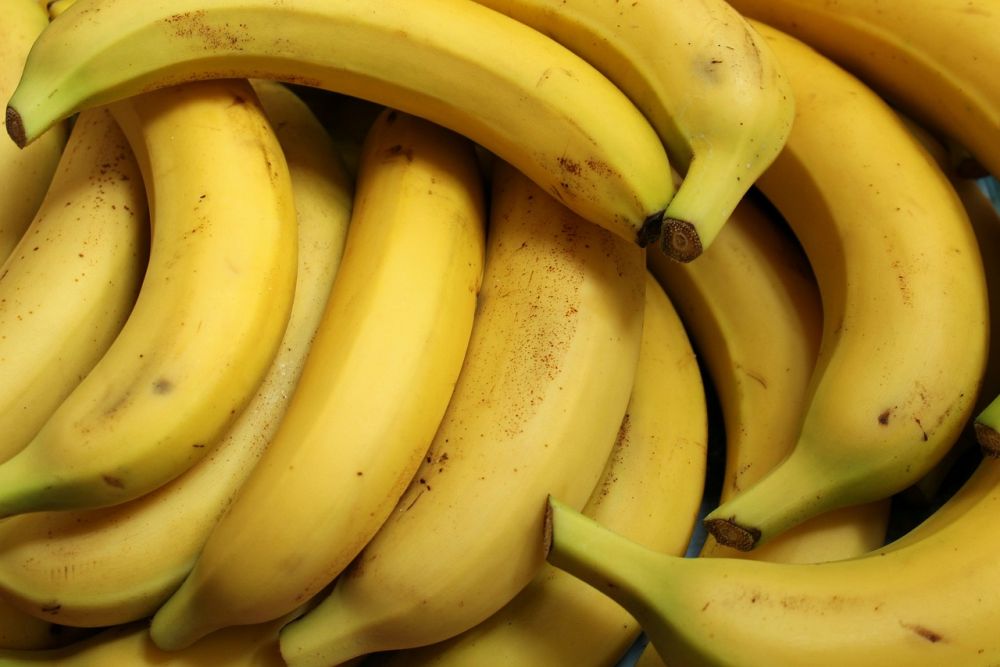PCOS Diet: A Comprehensive Guide to Managing Polycystic Ovary Syndrome

Introduction
Polycystic Ovary Syndrome (PCOS) is a hormonal disorder that affects many women worldwide. It is characterized by the presence of cysts on the ovaries, irregular menstrual cycles, and high levels of androgens (male hormones). One of the key ways to manage PCOS is through diet and lifestyle changes. In this article, we will provide a thorough overview of the PCOS diet, explore different types of PCOS diets, discuss their differences, and present the historical pros and cons of each approach.
1. Understanding the PCOS Diet

The PCOS diet focuses on making dietary changes that help regulate insulin levels in the body. Insulin resistance is often associated with PCOS, and it can lead to weight gain, difficulty in losing weight, and other metabolic issues. The PCOS diet aims to balance blood sugar levels, control weight, and reduce symptoms. To achieve these goals, individuals with PCOS are encouraged to consume a well-balanced diet rich in whole foods, healthy fats, lean proteins, and complex carbohydrates.
2. Types of PCOS Diets
There are several types of PCOS diets that have gained popularity in recent years. These include the low glycemic index (GI) diet, the ketogenic (keto) diet, and the Mediterranean diet.
– Low Glycemic Index (GI) Diet: This diet focuses on consuming foods with a low glycemic index, which means they have a minimal impact on blood sugar levels. This approach helps regulate insulin and can be beneficial for women with PCOS. Examples of low GI foods include whole grains, legumes, fruits, and vegetables.
– Ketogenic (Keto) Diet: The keto diet is a high-fat, low-carbohydrate eating plan that forces the body into a state of ketosis. This means the body relies on fat rather than carbohydrates for energy. While studies on the effects of the keto diet on PCOS are limited, some women report improvements in weight loss and hormone balance.
– Mediterranean Diet: The Mediterranean diet emphasizes plant-based foods, lean proteins, and healthy fats such as olive oil. It has been associated with numerous health benefits, including reducing insulin resistance and inflammation, both of which are relevant to PCOS management.
3. Quantitative Measurements of PCOS Diet
Research on the effectiveness of different PCOS diets is ongoing, and several studies have examined the impact of dietary interventions on PCOS symptoms.
For example, a randomized controlled trial published in the American Journal of Clinical Nutrition found that a low glycemic diet led to improvements in insulin sensitivity and weight loss in women with PCOS. Another study published in the journal Fertility and Sterility suggested that a low-carbohydrate diet could improve ovulation and menstrual regularity in women with PCOS.
4. The Differences Between PCOS Diets
Each PCOS diet has its own unique approach and guidelines. While they all focus on regulating insulin levels, they differ in terms of macronutrient composition and specific food choices. The low GI diet emphasizes choosing carbohydrates with a lower glycemic index, while the keto diet restricts carbohydrate intake and encourages high fat consumption. The Mediterranean diet, on the other hand, promotes a balanced and varied approach to eating.
5. Historical Pros and Cons of PCOS Diets
Over the years, different PCOS diets have received both praise and criticism. For example, the low GI diet has been praised for its focus on whole foods and its potential to improve insulin sensitivity and weight loss. However, critics argue that it can be challenging to follow in the long term and may not be suitable for everyone. Similarly, the keto diet has been celebrated for its weight loss potential, but concerns have been raised about its impact on long-term health and sustainability.
Conclusion
In conclusion, the PCOS diet is an essential component of managing polycystic ovary syndrome. It focuses on making dietary changes that regulate insulin levels, control weight, and reduce symptoms. Popular types of PCOS diets include the low GI diet, keto diet, and Mediterranean diet. While research on their effectiveness is ongoing, studies have shown promising results. It is important for individuals with PCOS to consult with a healthcare professional or registered dietitian before making any significant dietary changes.
By providing a comprehensive overview of the PCOS diet, discussing different types of PCOS diets, presenting quantitative measurements, highlighting the differences, and exploring the historical pros and cons, this article aims to educate and empower individuals with PCOS to make informed decisions about their dietary choices.





















